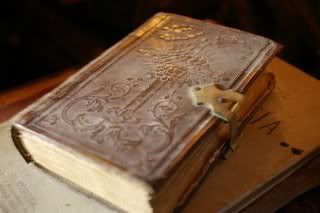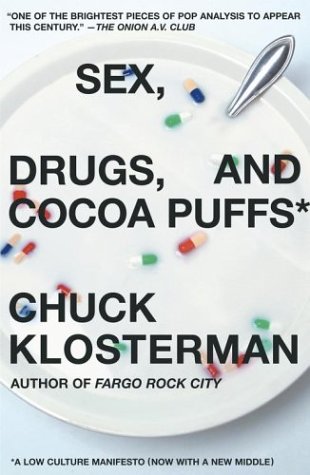
I've got 5 books to report on, so I am starting with the easiest review.
This book cover is hilarious, y/y?
Kids are checking this out left and right at the library, and I found myself on lunch break with nothing to read, so I picked it up. It is about this chick who leads a boring life and then her uncle dies, leaving her all his stuff, and then a LIVING SKELETON named Skulduggery Pleasant comes and saves her from some dude who tries to kill her. Turns out there is this whole huge world of magic people hanging out in the world (except anyone can learn magic it seems like, but most people never notice that they can) and there is some big bad dude out to steal everyone's magic and enslave the nonmagic population. Oh, and lolz, if you though Lord Voldemort was a dumb name, the Big Bad in this book is called Nefarian Serpine. SERIOUSLY?
It's times like these when I am completely astounded by the genius of one Joanne Katherine Rowling. It seems pretty simple to come up with some sort of semiplausible (plausible as fantasy, not reality), world but really difficult to create one that isn't really dumb and with a million holes in it. This book was fun to read. I read it on the plane to Nicaragua and I was thoroughly wrapped up in wanting to know what happened next, but that isn't the only thing that makes a book good. There were no real layers to it. I made no bonds with the characters and in no way did the world created by the author seem real at any point. One mark of a good book is that it sucks you in and you forget you are looking at words on pages because you are seeing the world of the novel as though it were real in your mind's eye. This is hard for any book, but even more hard for a fantasy/sci-fi book, because it has to convince you, even if just for a moment where the story is getting really intense, that it is real. Not real as in within the laws of physics, but real as in you are not thinking "I am reading a book about ___," you are thinking only of what is happening in the story. Harry Potter does that (and of course many others, like LOTR, but that's an entire other league of detailed insanity). JKR puts so much backstory into it that there's not a question you could ask that she wouldn't have the perfect answer lined up for. Derek Landy, with this book, didn't try that hard.
I am going to talk about this even more when I review a book called The Dark is Rising.
It did deal with some pretty neat concepts, though. I like stories that place a lot of importance on names. I have a half baked J novel concept about the magic of names in my head. In this book they talk about how if you know something's real name you can have power over it. In the context of the book it is magic, of course, but it is one of those things that is really just a metaphor for real life. You know, if you know someone's true self you can use it for good or for evil. In the book, everyone has 3 names: your true name (all of them are located in this heavily protected book that no one can read so no one actually knows this), your given name, and your chosen name.
I was pretty pumped about how the main character got to choose her own name. Her given name was Stephanie, and I really hate that name, so I was jazzed she'd get to pick something else so I would get to stop reading "Stephanie," but then she went and picked Valkyrie Cain. Ugh. Skulduggery is a cool name, though. Props, skeleton dude.
So basically it was fun and if there was a sequel (he sort of sets it up for one) I might read it and if they make a movie I might watch it, but I'm not going to be upset if that day never comes.
Pages: 400
Time: Apr 11-14
Rating: 6, maybe 7.5 if I was 12 and the girl wasn't named Stephanie.







